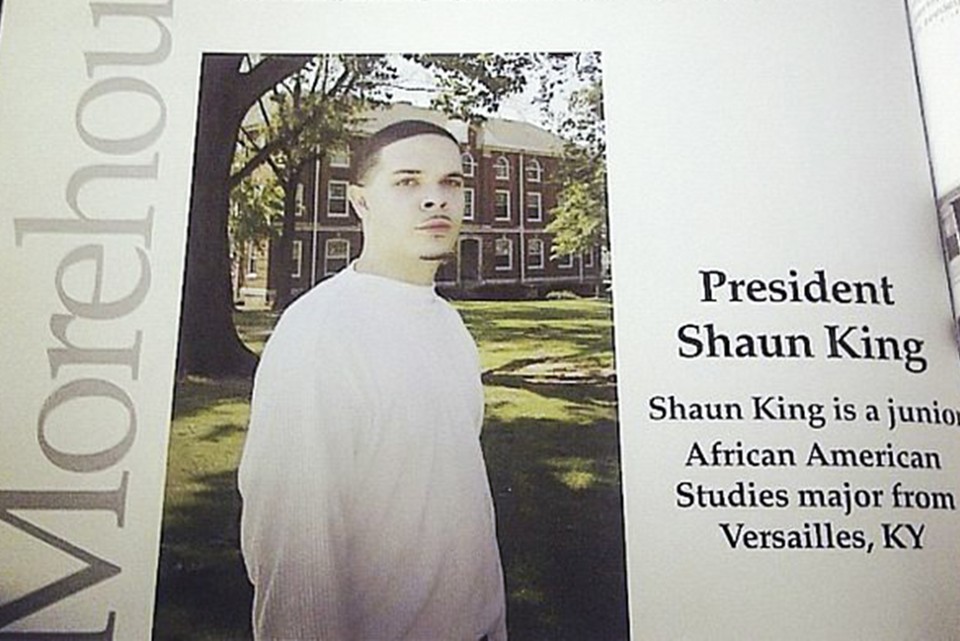Conservatives Are Missing the Point of Black Lives MatterPosted in Articles, Media Archive, Politics/Public Policy, Social Justice, United States on 2015-08-31 01:03Z by Steven |
Conservatives Are Missing the Point of Black Lives Matter
The Atlantic
2015-08-26
Adrienne Green, Editorial Fellow
Those that questioned Shaun King about his race think that it’s relevant to the movement. They’re wrong.
Shaun King, a prominent figure in the Black Lives Matter movement, responded last week to accusations published by some conservative websites that he has lied about being biracial, and about being the victim of racially-motivated attacks.
“The reports about my race, about my past, and about the pain I’ve endured are all lies,” he wrote on Thursday in [an] article for Daily Kos, the liberal news site where he works.
Both The Daily Caller—which referred to King as “the facebook pastor”—and Breitbart.com cited a police report from 1995, which listed King’s identity as white. King, who claims the incident that resulted in the police report was an example of racial tensions that had surfaced at his school, offered harrowing details about the brutality he says he faced.
“In March of 1995, it all boiled over and a racist mob of nearly a dozen students beat me severely, first punching me from all sides,” King wrote. “When I cradled into a fetal position on the ground they stomped me mercilessly, some with steel-toed boots, for about 20 seconds. That day changed the entire trajectory of my life.”
In an attempt to defend his identity and silence his critics, King offered up a complicated family history, identifying his biological parents as a white mother and “light skinned black man,” who, The Washington Post reports, is not the man listed on his birth certificate…
Read the entire article here.



